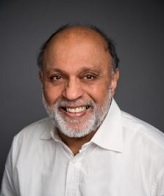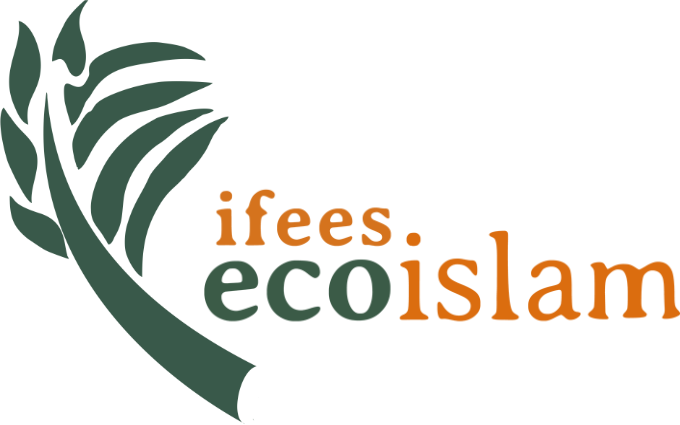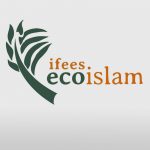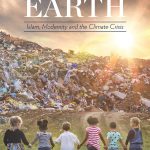Talking Point Issue 4: IPCC has just issued a Special Report on Global Warming urging policy makers to limit global warming to 1.5°C.
The scientists responsible for this report urged in its press release for “… rapid, far- reaching and unprecedented changes in all aspects of society …”. Although the learned scientists make their appeal “… in the context of strengthening the global response to the threat of climate change, sustainable development, and efforts to eradicate poverty …”, the medicine they prescribe maybe hard to swallow but in my view it is nowhere near strong enough if what we really want is to return Earth systems to a semblance of balance.
Witness what is happening in the Congo as a consequence of our rush to divest from fossil fuels and drive electric cars. The Congo is one of the few places on the Earth that can supply the Cobalt in the quantity that is needed to manufacture the batteries that propel the electric cars we all aspire to be driving in the not too distant future. But at what cost? The environmental and social impact to this country to keep us mobile are dire. This report is not going to stop the production of the millions of cars we will all be driving in the future and in order to do this Cobalt is not the only mineral that we will be scouring the Earth for. Even if we manage to meet our climate targets the human race will continue on its course of wanton destruction of the planet.
But I cannot repeat often enough that there is an inherent urgency in what we face given the predictions by scientists of global systems collapse. What Muslims, who form over one-fifth of the world’s population, can offer the rest to mitigate the collapse and how soon we do it will have a bearing on how the human race will survive in a changed world. Equally, how the rest relate to planet Earth will have a bearing on Muslims, and the times call for a sensitivity to these common challenges in a shared space. The Islamic template provides us with a model whereby we could lead reasonably satisfactory lifestyles that meet our needs based on the prophetic tradition, where caring and sharing takes precedence over selfishness, personal aggrandizement and greed.
I examine these issues in my book, Signs on The Earth – Islam, Modernity and the Climate Crisis (To be published this winter) and argue that modernity has created a huge divide between the human race and the natural world and that our behaviour manifests a total dislocation from it. I prescribe some strong medicine which if not taken in appropriate measure will make all the predictions in the IPCC report come true.


Fazlun Khalid is the Founder and Director of the Islamic Foundation for Ecology and Environmental Sciences (EcoIslam), Birmingham UK; Convenor of the drafting team of the Islamic Declaration on Global Climate Change.


